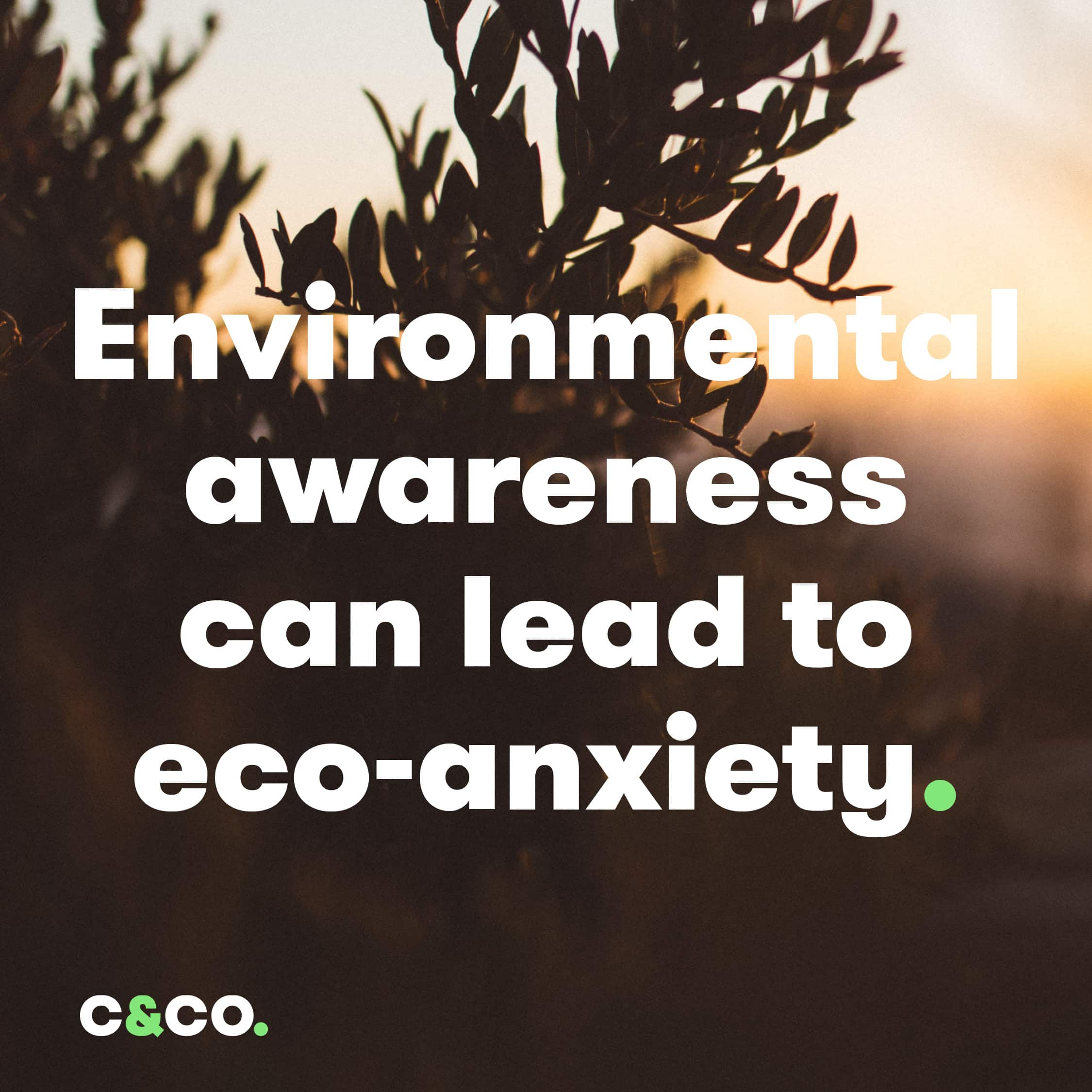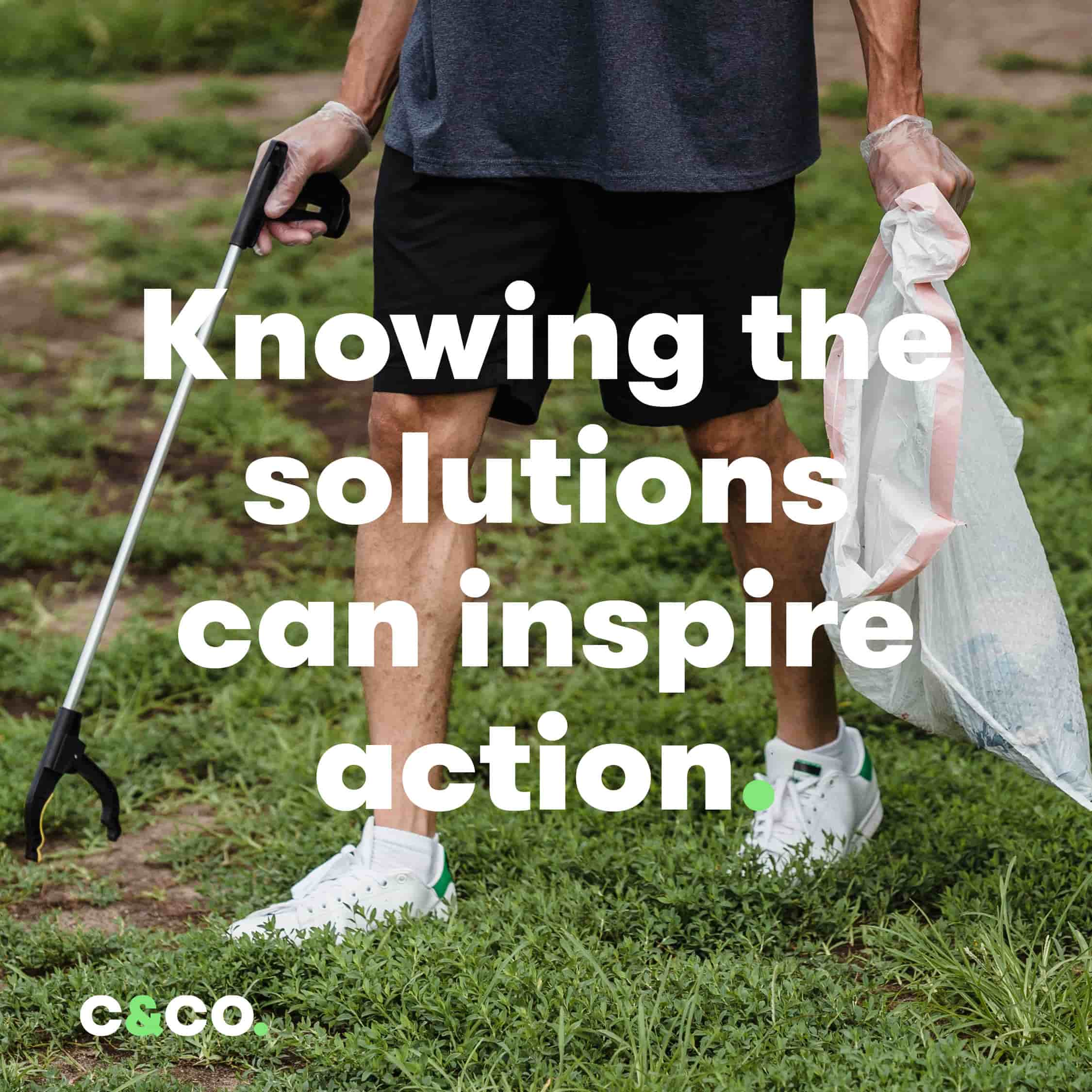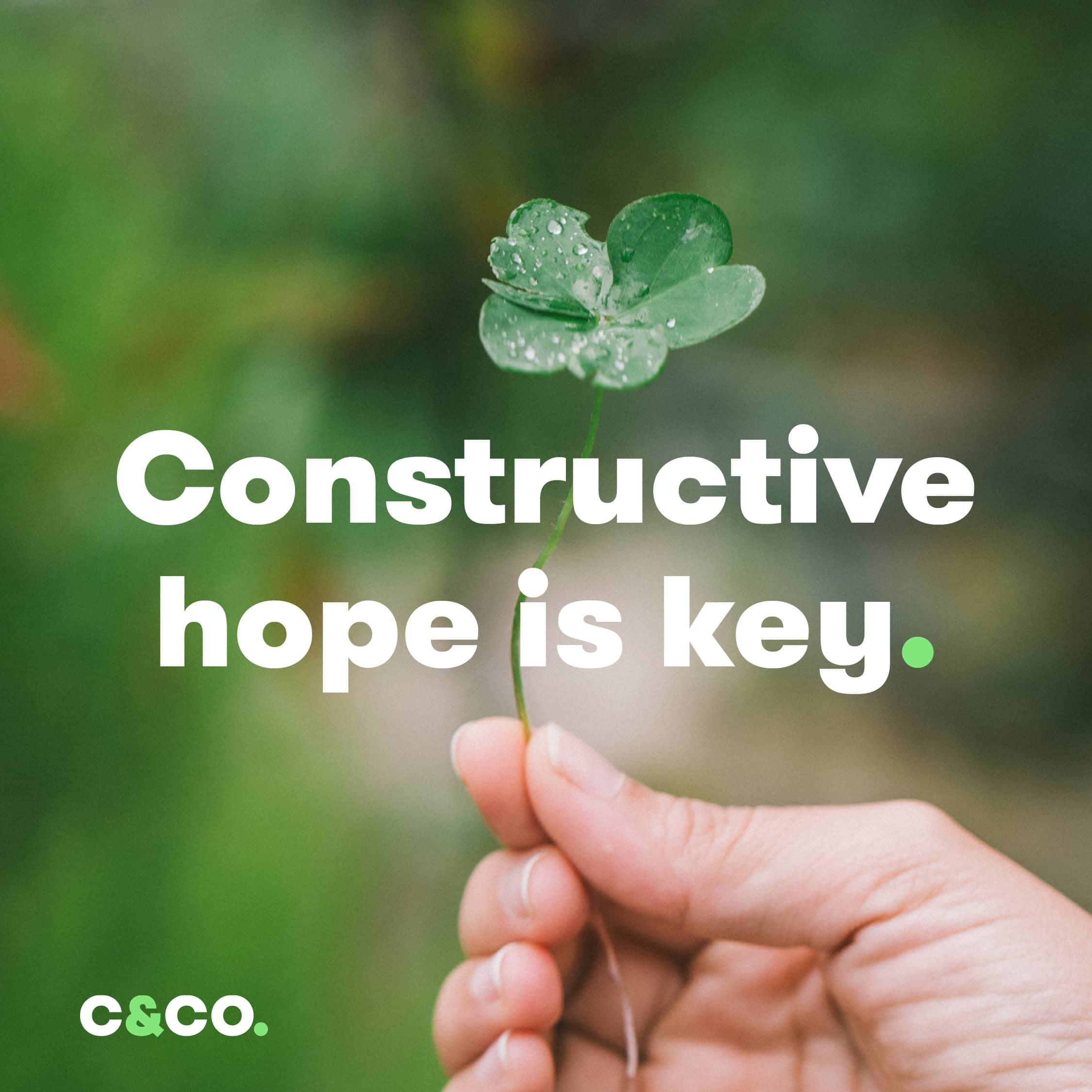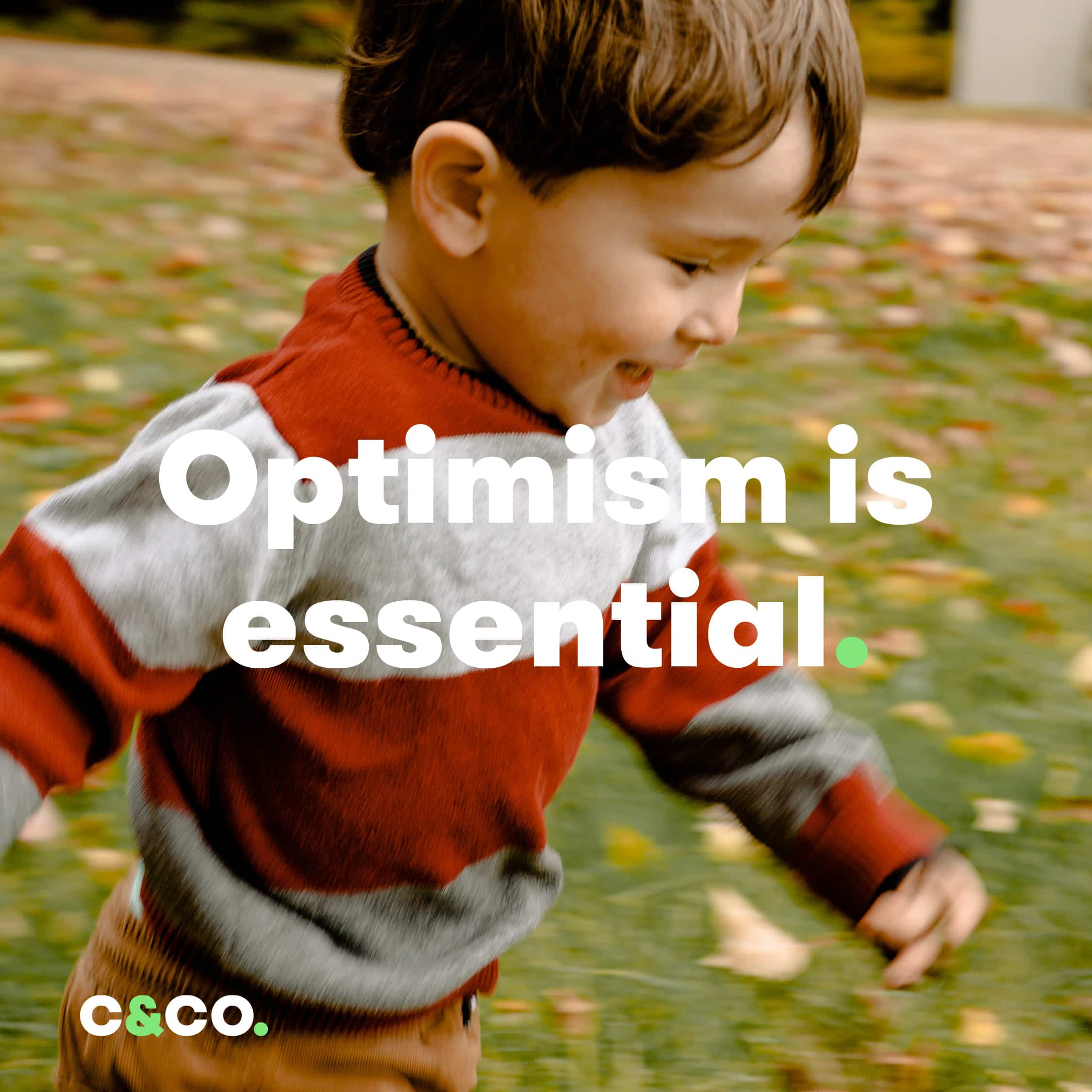As our world grapples with the consequences of climate change, the minds of both children and adults are increasingly haunted by ‘eco-anxiety.’
This emotional response to the daunting challenges our planet faces has significant implications for our mental well-being, our willingness to take action, and our hope for a sustainable future.
So, if you want to find out how to navigate eco-anxiety and communicate environmental and sustainability-related topics in a sensitive and informative way, look no further…
At Creature & Co., we collaborate with iconic brands to create family-focused and changemaker content that offers empowering learning experiences across a whole host of platforms. We have years of experience communicating a wide range of complex, challenging and sensitive world issues – from deforestation to poverty – as publishers of National Geographic Kids magazine, nurturing audiences through education and solutions-focused action. In a nutshell, we make learning fun.

Eco-anxiety starts with us
Climate change concerns can evoke feelings of despair, denial, and inaction, especially among young people who are faced with unsettling predictions about the environmental future. Startling statistics reveal the extent of this issue: 27% of children believe the world may end in their lifetime, while a Swedish study found that 4 out of 5 10 to 12-year-olds express fear, sadness, and anger about environmental problems. Additionally, two-thirds of people believe climate change threatens their existence.

The importance of action-competence
To combat eco-anxiety, it’s vital to teach young people action-competence, fostering a sense of empowerment and optimism. Understanding the solutions to environmental issues can mitigate anxiety because “taking action through playing a meaningful role in the face of adversity can offer psychological protection by helping children to feel more in control, more hopeful, and more resilient” (Hart, Fisher, & Kimiagar, 2014, p. 93).
When it comes to young people and environmental engagement, social influence from parents and peers has been identified as especially important. Factors both internal and external to the individual seem to motivate pro-environmental behaviour.

A powerful agent for transformation
A Swedish study found that hope is the key to getting kids to engage in climate change issues. Where there is hope, pro-environmental behaviour follows. Interestingly, hope based on denial, for example avoidance of the problem, or believing that climate change threats are exaggerated – had a negative effect on pro-environmental behaviour.
Children need to be able to develop positive images of the future that allow them to identify with, and work for, local and global priorities of restoring a safe climate and building just climate solutions that protect the most vulnerable.
Hope about a better, alternative, future could play an important part in motivating people to take action concerning global problems.

Inspiring optimism
A Swedish study found that hope is the key to getting kids to engage in climate change issues. Where there is hope, pro-environmental behaviour follows. Interestingly, hope based on denial, for example avoidance of the problem, or believing that climate change threats are exaggerated – had a negative effect on pro-environmental behaviour.
Children need to be able to develop positive images of the future that allow them to identify with, and work for, local and global priorities of restoring a safe climate and building just climate solutions that protect the most vulnerable.
Hope about a better, alternative, future could play an important part in motivating people to take action concerning global problems.
Eco-anxiety is a real concern...
…but it can be transformed into positive action and hope. As communicators of environmental knowledge, our role is to engage families, especially children, in meaningful narratives that empower them with knowledge and solutions.
If your brand or organisation needs help navigating eco-anxiety and communicating environmental and sustainability-related topics in a sensitive and informative way, please get in touch.
Our door is always open for a free, informative chat, and we’d love to hear from you: [email protected]
Sources
Maria Ojala (2012) Hope and climate change: the importance of hope for environmental engagement among young people, Environmental Education Research, 18:5, 625-642, DOI: 10.1080/13504622.2011.637157
Burke, S.E.L., Sanson, A.V. & Van Hoorn, J. Curr Psychiatry Rep (2018) 20: 35. https://doi.org/10.1007/s11920-018-0896-9
Maria Ojala (2012) Hope and climate change: the importance of hope for environmental engagement among young people, Environmental Education Research, 18:5, 625-642, DOI: 10.1080/13504622.2011.637157
Burke, S.E.L., Sanson, A.V. & Van Hoorn, J. Curr Psychiatry Rep (2018) 20: 35. https://doi.org/10.1007/s11920-018-0896-9

